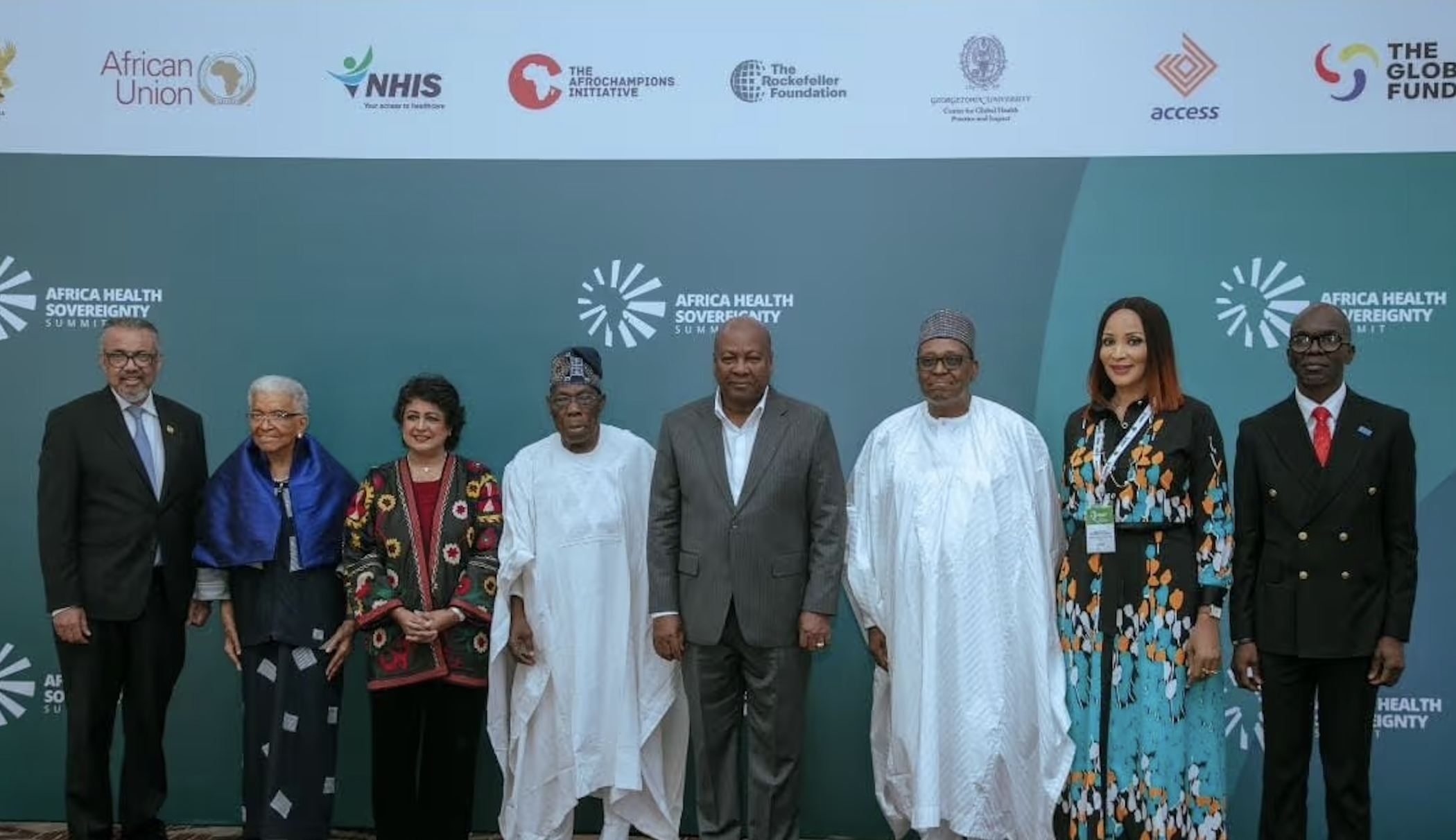African leaders and international partners have officially launched the Accra Initiative, a bold and comprehensive framework aimed at transforming global health governance and financing. According to Sarah Apenkroh in 3News, the initiative addresses longstanding challenges in the current global health architecture, including persistent funding shortfalls, fragmented leadership, and systemic inequities that disproportionately affect the world’s poorest and most vulnerable populations.
At its core, the Accra Initiative emphasises resilience, accountability, and equity. Its principles include strengthening regional health systems, ensuring transparent decision-making, and promoting diversified financing through domestic resource mobilisation and private sector engagement. A key feature is the SUSTAIN Initiative, which aims to build country-owned, investment-driven systems to reduce reliance on external aid while securing long-term health sovereignty.
The framework also integrates health into broader African economic platforms, such as the African Continental Free Trade Area (AfCFTA) Hub, supply chain traceability mechanisms, and digital certification systems. By embedding health within trade, data, and industrial policy, the initiative seeks to position Africa as a leader in shaping global health responses. According to Apenkroh, the Accra Initiative represents not only a turning point for Africa but also a model for reforming multilateralism and fostering more equitable global cooperation.


